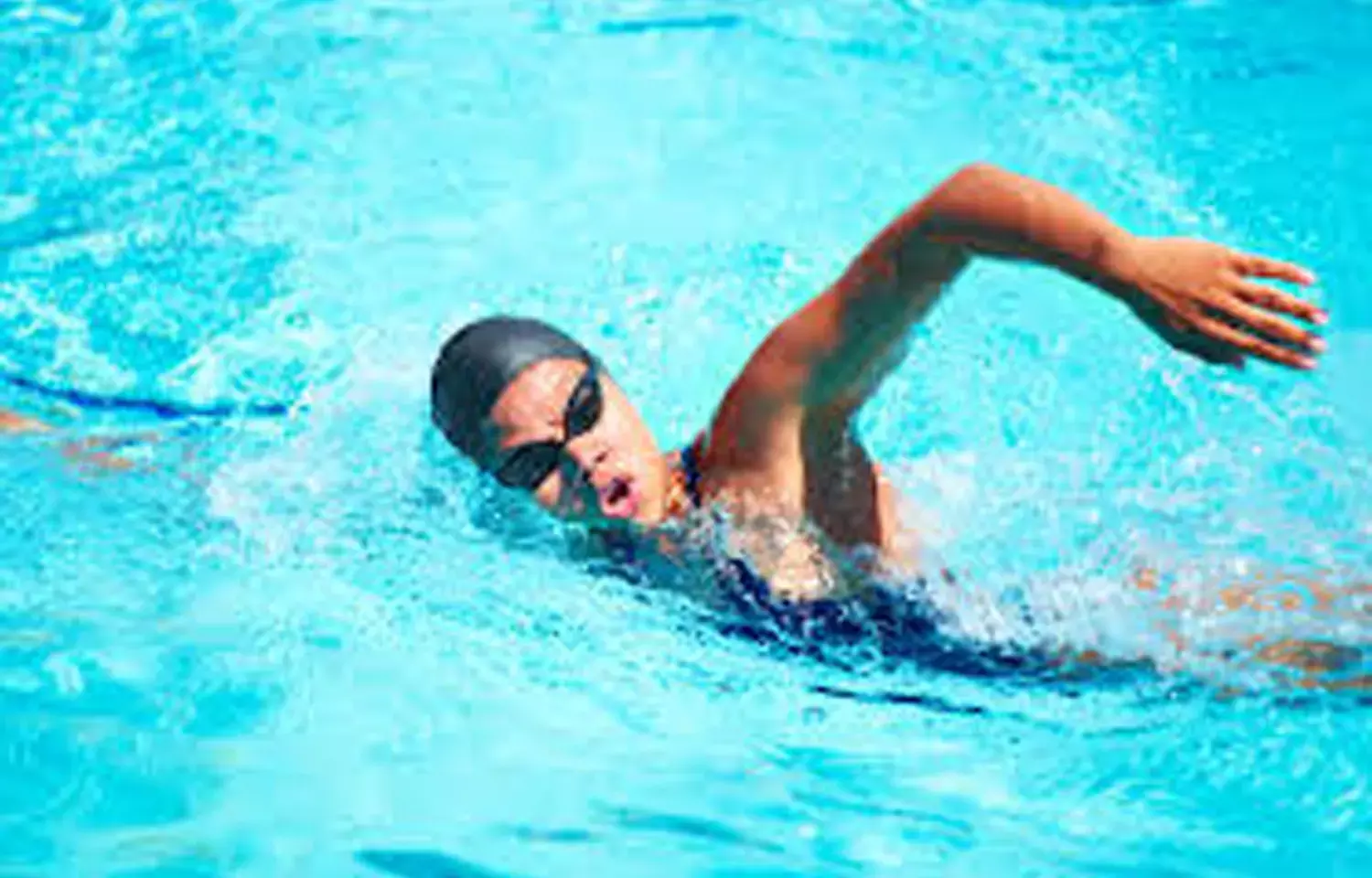- Home
- Medical news & Guidelines
- Anesthesiology
- Cardiology and CTVS
- Critical Care
- Dentistry
- Dermatology
- Diabetes and Endocrinology
- ENT
- Gastroenterology
- Medicine
- Nephrology
- Neurology
- Obstretics-Gynaecology
- Oncology
- Ophthalmology
- Orthopaedics
- Pediatrics-Neonatology
- Psychiatry
- Pulmonology
- Radiology
- Surgery
- Urology
- Laboratory Medicine
- Diet
- Nursing
- Paramedical
- Physiotherapy
- Health news
- Fact Check
- Bone Health Fact Check
- Brain Health Fact Check
- Cancer Related Fact Check
- Child Care Fact Check
- Dental and oral health fact check
- Diabetes and metabolic health fact check
- Diet and Nutrition Fact Check
- Eye and ENT Care Fact Check
- Fitness fact check
- Gut health fact check
- Heart health fact check
- Kidney health fact check
- Medical education fact check
- Men's health fact check
- Respiratory fact check
- Skin and hair care fact check
- Vaccine and Immunization fact check
- Women's health fact check
- AYUSH
- State News
- Andaman and Nicobar Islands
- Andhra Pradesh
- Arunachal Pradesh
- Assam
- Bihar
- Chandigarh
- Chattisgarh
- Dadra and Nagar Haveli
- Daman and Diu
- Delhi
- Goa
- Gujarat
- Haryana
- Himachal Pradesh
- Jammu & Kashmir
- Jharkhand
- Karnataka
- Kerala
- Ladakh
- Lakshadweep
- Madhya Pradesh
- Maharashtra
- Manipur
- Meghalaya
- Mizoram
- Nagaland
- Odisha
- Puducherry
- Punjab
- Rajasthan
- Sikkim
- Tamil Nadu
- Telangana
- Tripura
- Uttar Pradesh
- Uttrakhand
- West Bengal
- Medical Education
- Industry
Aerobic exercise linked to better vocabulary growth in children: Study

Newark: Aerobic exercise may improve a child's ability to acquire new word-object relations, a recent study has found. The study, published in the Journal of Speech, Language and Hearing Research, is one of the first studies to research on the effect of exercise on vocablary learning in children.
In simple words, the study showed that exercise can boost vocablury growth in children.
For the study, children aged 6 to 12 years were taught new words before doing one of three things -- taking part in CrossFit exercises, swimming, or completing a coloring sheet. The children who swam were found to be 13% more accurate in follow-up tests of the vocablury words.
It makes sense to the lead researcher, Maddy Pruitt, herself a former college swimmer who now regularly takes CrossFit classes. "Motor movement helps in encoding new words," she said, explaining that exercise is known to increase levels of brain-derived neurotrophic factor, a protein Pruitt describes as the "Miracle-Gro of the brain."
Why then, did swimming make a difference while CrossFit did not? Pruitt attributes it to the amount of energy each exercise demands of the brain. Swimming is an activity the kids could complete without much thought or instruction. It was more automatic, while the CrossFit exercises were new to them. The children needed to learn the moves, which required mental energy.
Pruitt conducted the research as part of her Master's Capstone Project and graduated in 2020. She now works as a speech language pathologist at an elementary school in South Carolina, where she puts her findings into practice.
"My sessions are very rarely at a table," she said. "I'll take my kids out to the playground or we'll take a walk around the school."
Pruitt's adviser and coauthor Giovanna Morini is building on the findings in her lab. Morini, an assistant professor in the Department of Communication Sciences and Disorders, said most research into exercise examines it from the angle of a healthy lifestyle, not much enters the domain of language acquisition. She said she sees this as a rich line of inquiry and has another student running a similar experiment now with toddlers.
"We were so excited about this study because it applies to clinicians, caregivers and educators who can put it into practice," Morini said. "It's simple stuff, nothing out of the ordinary. But it could really help boost the outcomes."
Reference:
The study titled, "Examining the Role of Physical Activity on Word Learning in School-Aged Children," is published in the Journal of Speech, Language and Hearing Research.
DOI: https://pubs.asha.org/doi/10.1044/2021_JSLHR-20-00359
Hina Zahid Joined Medical Dialogue in 2017 with a passion to work as a Reporter. She coordinates with various national and international journals and association and covers all the stories related to Medical guidelines, Medical Journals, rare medical surgeries as well as all the updates in the medical field. Email: editorial@medicaldialogues.in. Contact no. 011-43720751
Dr Kamal Kant Kohli-MBBS, DTCD- a chest specialist with more than 30 years of practice and a flair for writing clinical articles, Dr Kamal Kant Kohli joined Medical Dialogues as a Chief Editor of Medical News. Besides writing articles, as an editor, he proofreads and verifies all the medical content published on Medical Dialogues including those coming from journals, studies,medical conferences,guidelines etc. Email: drkohli@medicaldialogues.in. Contact no. 011-43720751


